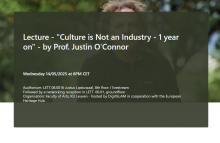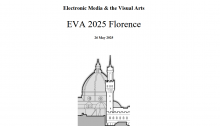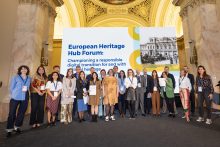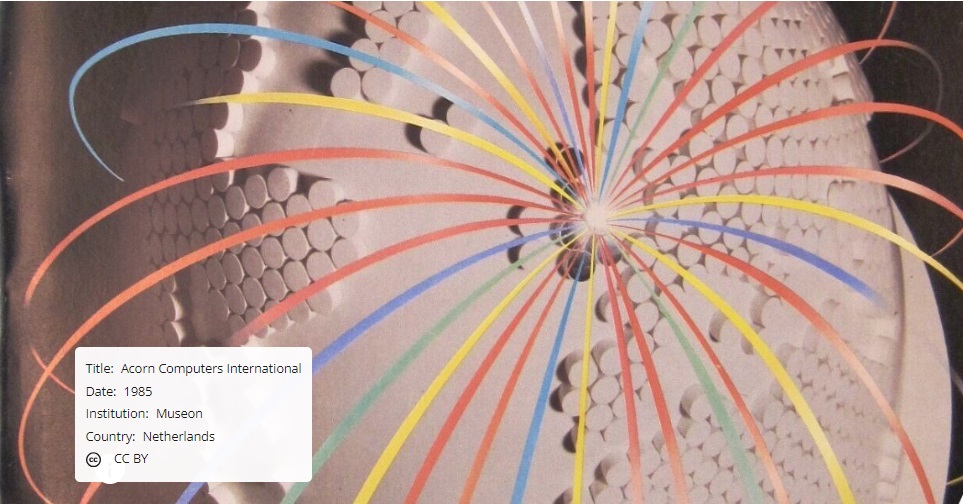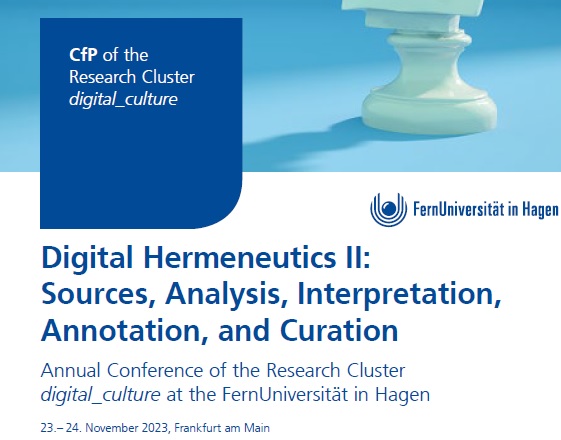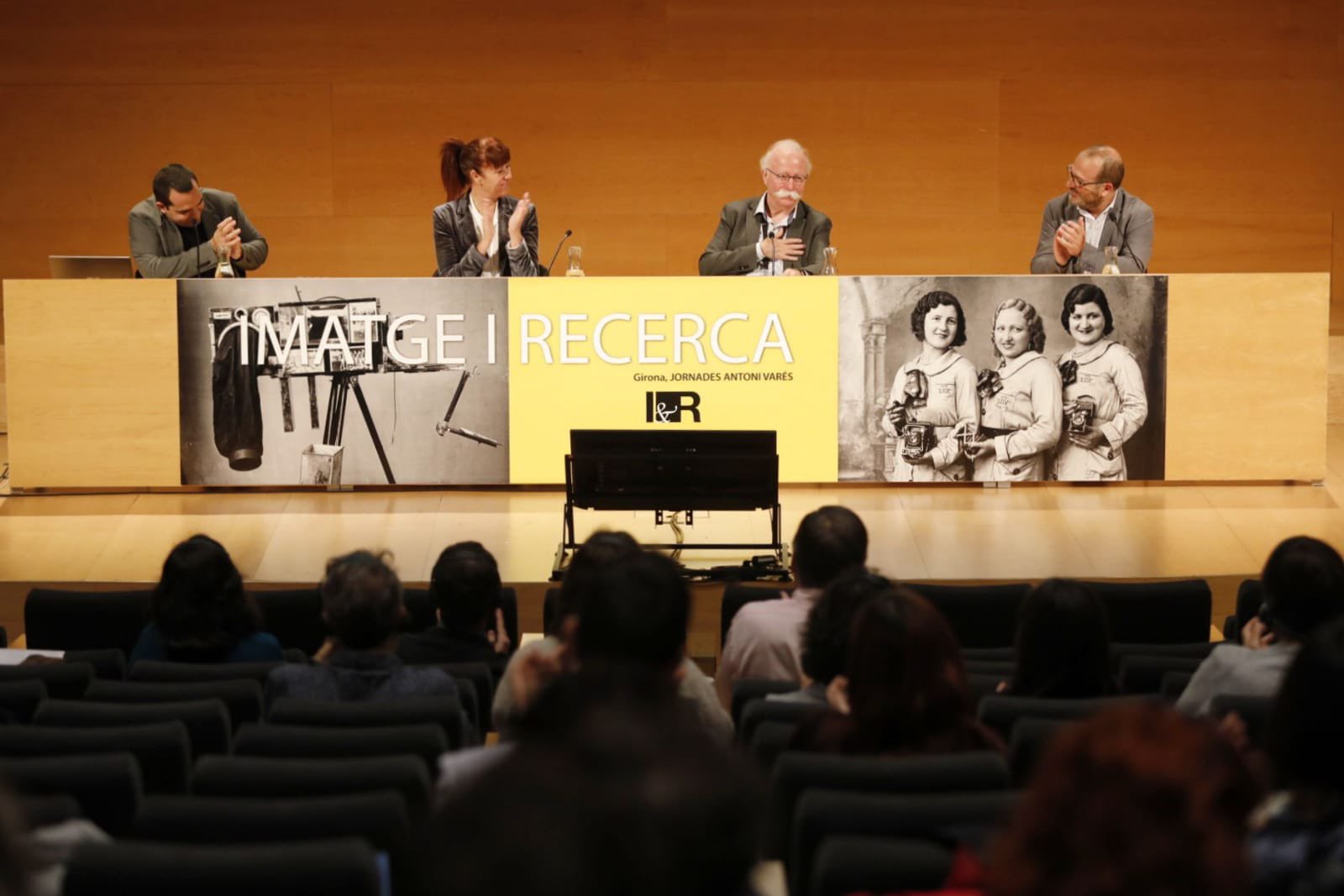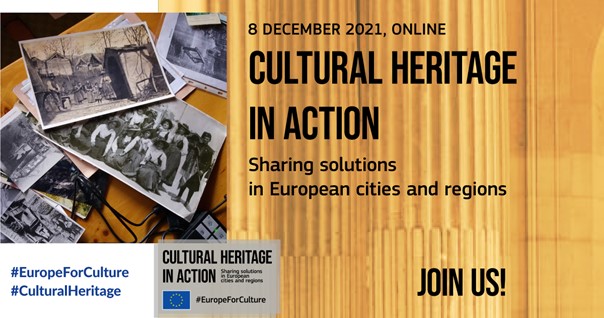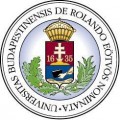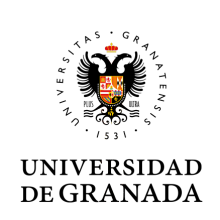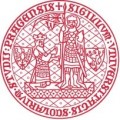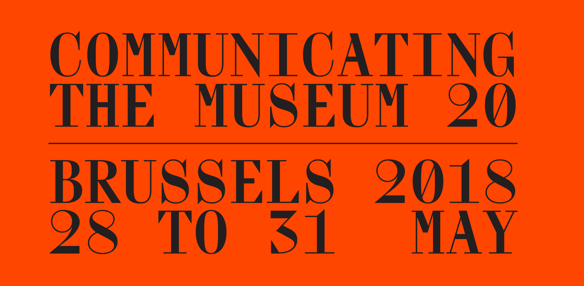 Today’s museums are working towards being more inclusive, encouraging participation and a greater diversity of audiences, ideas and perspectives. The main challenges remain as museums strive to meet with their audiences in genuinely participatory ways. The pressure is on museums to be more representative and to embrace community involvement.
Today’s museums are working towards being more inclusive, encouraging participation and a greater diversity of audiences, ideas and perspectives. The main challenges remain as museums strive to meet with their audiences in genuinely participatory ways. The pressure is on museums to be more representative and to embrace community involvement.
Across a five-day programme of events, debates, workshops, talks and tours, you will discover the best museum participation initiatives, the most challenging collaborations, and the most insightful successes (and failures) in the fields of communications, education and audience engagement.
HOW TO CREATE MEANINGFUL PARTICIPATION WITHIN THE CITY? Lessons from London, Los Angeles and Mons
From organising the Olympic Games to managing a city-wide festival of 70+ institutions and being a European Capital of Culture, learn how to become an active member of your community.
Munira Mirza, Head of HENI Talks and former Deputy Mayor of London for Culture and Education, Gloria Gerace, Co-Founder of Culture Projects and Director of PST: LA/LA, USA and Xavier Roland, Director of the Pôle Muséal de la Ville de Mons in Belgium, will step on stage to share their story and key advice.
With this panel conversation you will find out how to build a strong legacy in your city and organise events and exhibitions that are relevant to local audiences and partners.
MIGRATION AND THE CHANGING ROLE OF MUSEUMS
A specific session is dedicated to explore how collaborative practice helps build relevant programs that broaden educational opportunities and participation when working with immigrant communities
IS THE MUSEUM A DEMOCRATIC INSTITUTION?
The idea of Cultural Democracy has become a new focus of attention for both policymakers and practitioners – and promises to radically re-invent how we understand the role of subsidised cultural organisations. In this context, a dedicated keynote session, will face the important question “Is the Museum a democratic Institution?”
These are just some spots about a rich and intense Conference programme.
After that, you are invited to join the post-conference day on 31 May to explore 3 major cultural institutions of Brussels and learn about their collections and latest projects.
For the first time in 18 years, the conference is going to take place in Brussels not only because is the capital of Europe, but also for its complex and fascinating environment, which offer one of the most diversified populations on the planet and where 152 languages are spoken.
Start the day at the Royal Belgian Institute of Natural Sciences. From raising funds for a new dino to promoting a more respectful approach to nature, learn about the RBINS’s mission and communication strategy.
Step inside the Cinquantenaire Museum. This historic building, one of the biggest museums in Belgium, was erected by King Leopold II. Visit the recreation of the Wolfers Frères jewellery store as designed by Horta in 1912 and enjoy a lovely lunch in the museum Cloister and garden.
Last but not least, go behind the scenes of the City Hall, on The Grand-Place, a masterpiece of Gothic civil architecture from the 15th century. Discover the impressive paintings, sculptures and tapestries, many of which are not open to the public.
Read more about Communicating the Museum’s 20th edition
Contacts
Programme & Promotion & Participants
Clémence Ferry: cferry@agendacom.com
Partners & Sponsors
Corinne Estrada cestrada@agendacom.com



